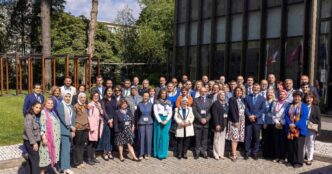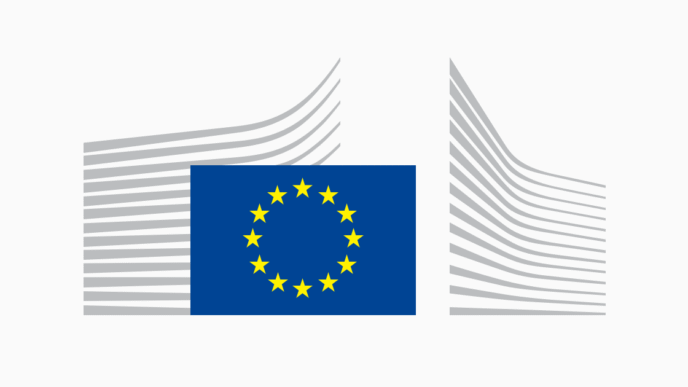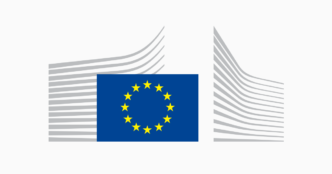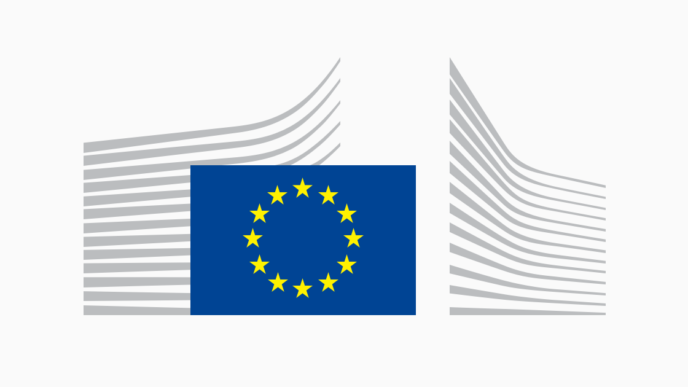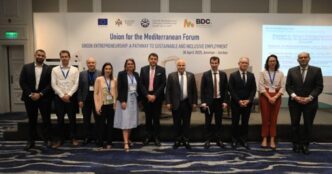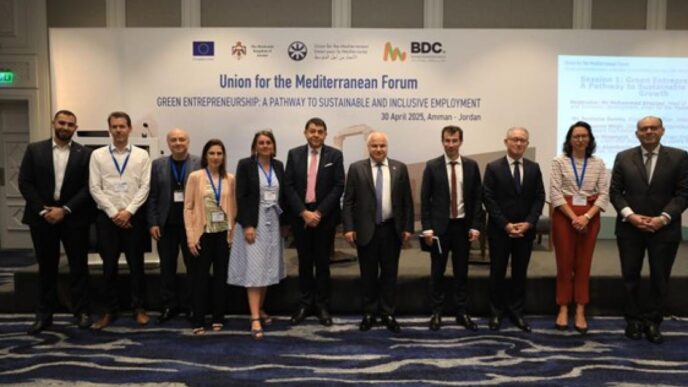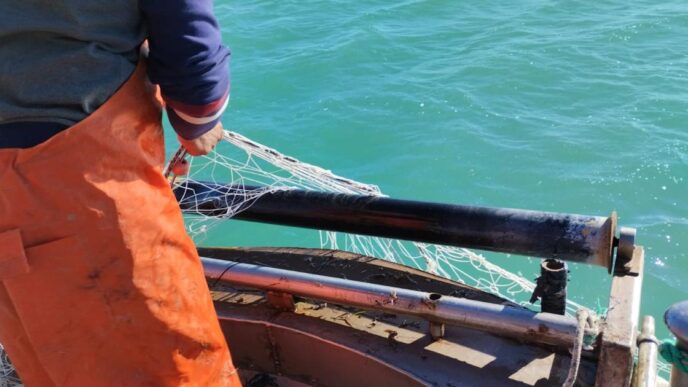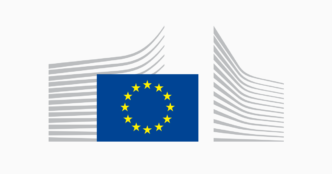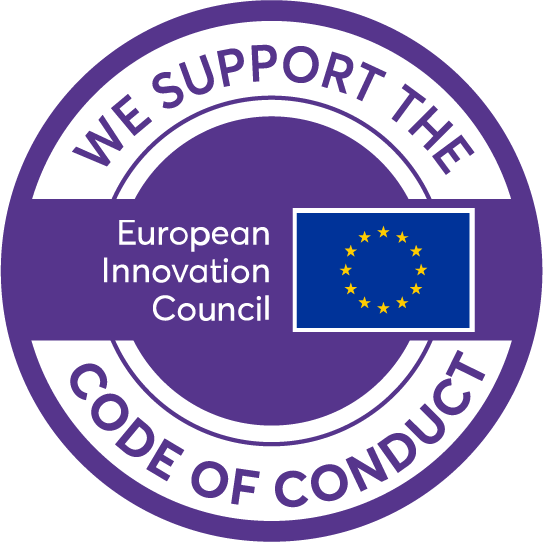The objective of the meeting was to focus on Youth Employment, the UfM Monitoring exercise, the implementation of UfM Marrakech Declaration, and the preparation for the upcoming UfM Ministerial meeting in Malta on 14 October.
The meeting brought together representatives from 25 UfM Member States, including 13 EU Member States and 12 non-EU countries, as well as key Regional Social Partner Organisations.
Highlights
Portugal, as host country, showcased the efforts of its Public Employment Service (IEFP) in promoting employment and vocational training in Portugal, with a particular focus on supporting youth and vulnerable groups.
As regards youth employment, representatives discussed the charter prepared by the UfM Community of Practice on Youth Employment in the Southern Mediterranean. Additionally, participants explored the creation of a new UfM Community of Practice Supporting Transition from Education to Employment (STEER).
The meeting also included a review of the draft cross-country report of the UfM Community of Practice on Monitoring.
Study visits were organised to Cesae digital – Centre for the Development of Digital Skills and MODATEX – Vocational Training Centre for the Textile, Clothing, Apparel and Wool Industry.
Sharing Best Practices
UfM Member States and Social Partners shared successful initiatives aligned with the Marrakech Ministerial Declaration, including:
- Israel’s “professions compass”, a tool for evaluating the effectiveness of training programs,
- Spain’s efforts on integrating vulnerable people, informal economy and social economy,
- Malta’s implementation efforts of key initiatives such as “Lifelong Learning Strategy 2023–2030” and “Malta Digital Strategy 2022–2027”.
Finally, participants reviewed the draft Ministerial Declaration on Employment and Labour which will be adopted on 14 October 2025 in Malta after implementing feedback from UfM Member States and Social Partners.
Background
The UfM Regional Platform on Employment and Labour meets biannually, bringing together employment and labour ministries from UfM Member States, European institutions/agencies and international organisations. The platform serves as a space for discussing the current realities and follows up on the implementation of relevant Ministerial Declarations.
